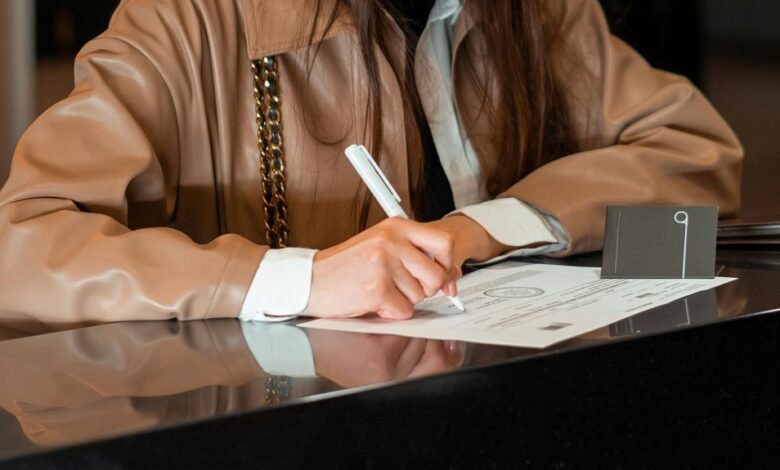Caller Identity Trust Oversight Verification Office 3274836188 3773550999 3510391289 3511761336 3455323771 3444320610

The Caller Identity Trust Oversight Verification Office plays a pivotal role in safeguarding telecommunication integrity. It implements rigorous standards for caller identification, employing advanced verification techniques such as number validation and machine learning. These measures are designed to combat the rise of deceptive calling practices, which pose significant risks to consumers. Understanding the implications of these technologies raises critical questions about their effectiveness and the evolving landscape of caller authentication. What challenges remain in this ongoing battle against fraud?
The Role of the Caller Identity Trust Oversight Verification Office
As the telecommunications landscape evolves, the Caller Identity Trust Oversight Verification Office plays a crucial role in establishing and maintaining the integrity of caller identification systems.
By enforcing trust standards, the office ensures robust caller authentication processes, thereby safeguarding consumers against fraudulent activities.
This oversight fosters confidence in telecommunications, promoting a secure environment where individuals can communicate freely without the fear of deception.
Understanding Caller Identity Verification Processes
While various technologies underpin caller identity verification processes, the primary objective remains clear: to authenticate the identity of callers accurately and efficiently.
Caller verification employs methods such as number validation, caller ID authentication, and machine learning algorithms to enhance identity authentication.
These techniques aim to establish trust between callers and recipients, ensuring that communication remains secure and free from fraudulent interference, ultimately preserving user autonomy.
The Impact of Deceptive Calling Practices on Consumers
Deceptive calling practices pose significant risks to consumers, undermining their trust in telecommunications.
Such practices erode confidence, as individuals become increasingly wary of unknown callers. The prevalence of fraudulent schemes exploits vulnerabilities, leading to financial losses and emotional distress.
Consequently, consumer trust diminishes, prompting a demand for more robust verification measures to combat these deceptive practices and restore integrity within communication systems.
Strategies to Protect Yourself From Fraudulent Calls
Given the increasing sophistication of fraudulent calling techniques, individuals must adopt proactive strategies to safeguard themselves from potential scams.
Implementing call blocking technology can significantly reduce unwanted solicitations, while fostering scam awareness cultivates a vigilant mindset.
Regularly updating contact preferences with service providers and educating oneself about common tactics employed by scammers are essential practices in fortifying personal defenses against deception and ensuring autonomy in communication.
Conclusion
In conclusion, the Caller Identity Trust Oversight Verification Office plays a pivotal role in safeguarding telecommunications integrity through advanced verification processes. While some may argue that such systems could infringe on privacy, the benefits of enhanced caller authentication far outweigh potential concerns. By fostering trust in communication, consumers can confidently engage with others, knowing that robust measures are in place to combat fraud. Ultimately, this initiative not only protects individuals but also fortifies the entire telecommunications ecosystem.





